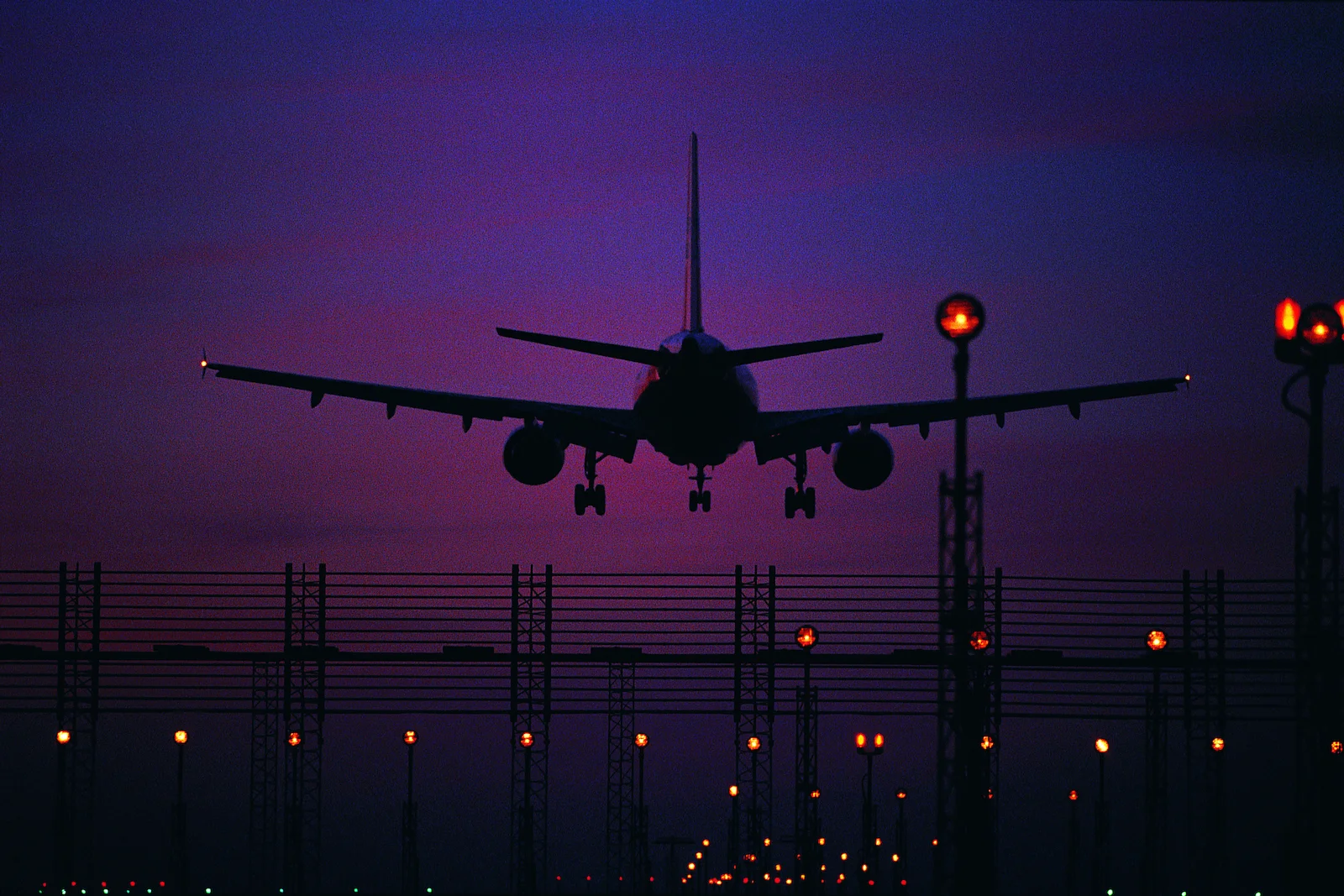
This past summer, as I was sitting on the tarmac at Boston Logan International Airport (BOS) and getting ready to take off on JetBlue's inaugural flight from New England to London, the pilot came over the intercom and announced that there would be a brief delay, but it was good news. The delay would allow for more luggage to be checked in.
Because we had such a powerful tailwind and were running so close to time, a quick takeoff would have caused us to arrive at London Gatwick Airport (LGW) too early, which would have violated a midnight flight curfew that was in force at that airport. Therefore, we would need to hold off for a short while. Even though the flight was probably "delayed" by 15 minutes as a result of the issue, we arrived at Gatwick Airport a good 15 minutes ahead of schedule.
Clint Henderson, the managing editor for news at TPG, had an experience that was significantly more inconvenient. After waiting through many delays in 2018, I was able to finally board a Boeing 777-300 that was sitting on the tarmac at Dallas/Fort Worth International Airport (DFW). Before a long-haul journey to Hong Kong, he was putting into his business-class pyjamas when something that seemed to be a relatively trivial incident occurred. However, things quickly spiralled out of control. There was still some of the luggage missing from the ship.
Henderson stated that there was plenty of space for all of the passengers. "But the baggage wasn't," the speaker said.
Because of this ordinarily insignificant delay, there was a possibility that the plane would arrive in Hong Kong during the middle of the flight curfew. According to Henderson, the airline ultimately decided to cancel the flight because it did not want to take the chance of committing a violation.
But what precisely are these "curfews," and how could they possibly have an impact on an international flight that you are currently on? Here are a few things that you should be aware of.
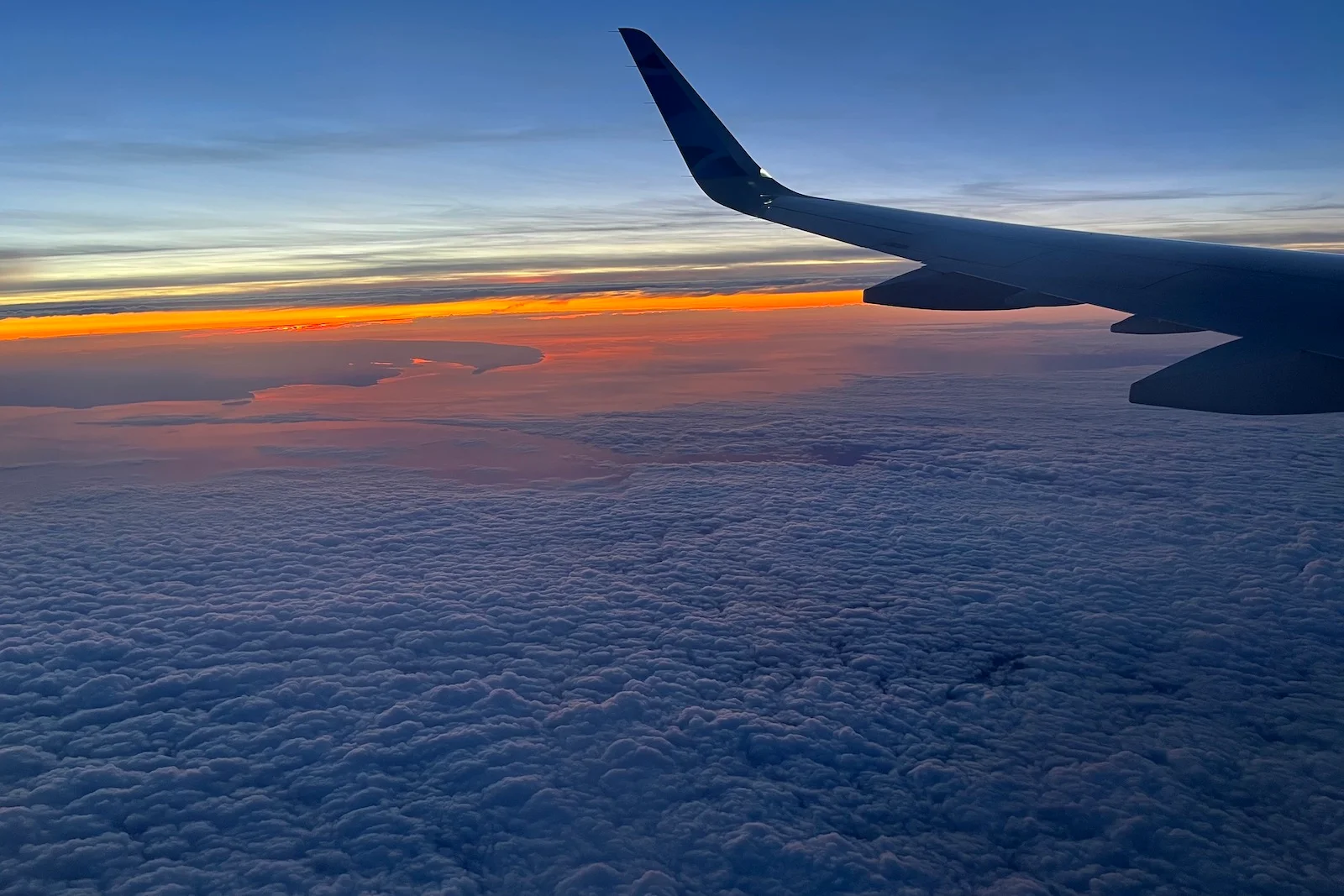
What exactly do flight curfews entail?
There are curfews or other limitations on night flights in force at a significant number of airports around the world, mainly in Europe. Some of the regulations have been in place for quite some time, but in recent years they have become far more widespread.
Flights during the nighttime hours are subject to various limitations, including curfews, as the name suggests.
To be more specific, it is a restriction or prohibition on takeoffs and landings — at least those that are scheduled to occur — between predetermined late-night and early-morning hours.
The majority of the time, these limitations begin to take effect one or two hours before midnight and last until sometime between four and seven in the morning.
The restrictions don't always make it possible to avoid takeoffs and landings in the middle of the night or very early in the morning, but they do try to limit them as much as possible.

Why are there even curfews in place?
The noise that is produced by jet engines is one of the primary motivating factors behind night flight limitations.
Dan Bubb, a former airline pilot and current professor at the University of Nevada–Las Vegas, told TPG that people living around the airport complain about the noise. "Airports do not want to be disruptive neighbours, and they do not want to have a reputation for being poor neighbours,"
According to the website of London Heathrow Airport (LHR), which is one of the world's largest airports and one that has night flying restrictions, air travel is, of course, an operation that takes place around the clock, seven days a week. Air travel is also described as "an important part of operations at airports around the world."
In addition, others believe that adhering to all of these regulations is an onerous task.
"It throws a lot of unnecessary stress on pilots," Bubb said, stressing that as a former pilot, he is concerned about the possibility of pilots having to think about "racing the clock." "It places a lot of stress on pilots," Bubb said. "It places a lot of stress on pilots."
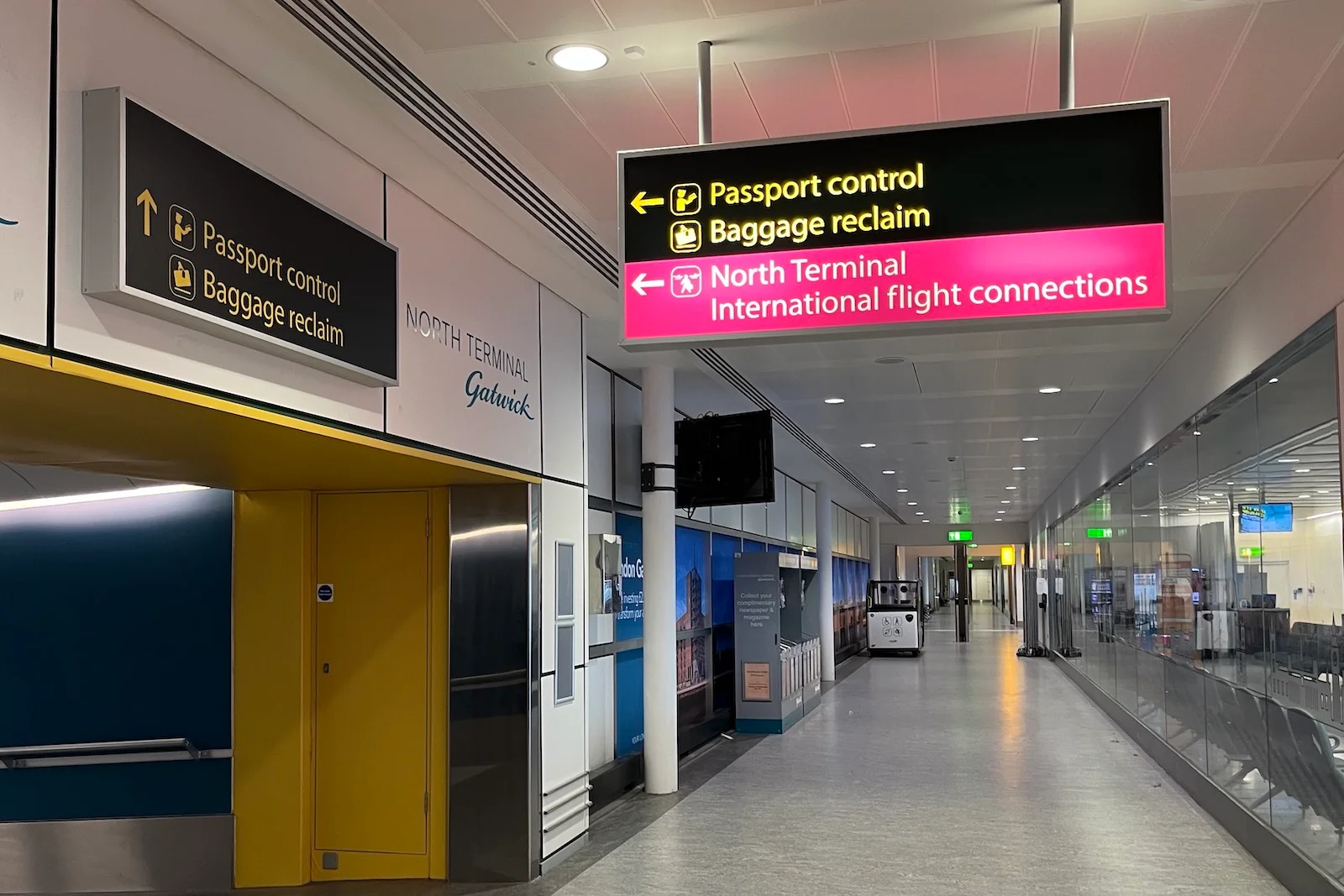
There are several exceptions made for urgent situations.
It is not expected that a curfew will force your pilot to remain airborne for an extended period or prevent the pilot from landing the aircraft in the event of an emergency.
In most cases, airports will make exceptions to their curfew regulations in the event of an emergency, and in some cases, they may even do so for delays caused by things like inclement weather.
For instance, in the United Kingdom, the government can create exceptions to permit additional night landings and takeoffs if there is a high probability that delays will cause significant congestion at the airport (or hardship for passengers from having their itineraries upended).
Where are the nighttime curfews enforced?
There are a great number of airports located in other countries that have some kind of restriction on the nighttime flight. These restrictions are typically established and enforced by a mix of federal, local, and airport authorities.
In addition to the regulations that are in place at Heathrow and Gatwick airports in London, Stansted Airport (STN) also has a nighttime curfew in force.
As an illustration of how one of these systems operates, consider the fact that Heathrow Airport is subject to a "night quota period" between the hours of 11:30 p.m. and 6 a.m., during which the Department of Transport in the United Kingdom places restrictions on the number of takeoffs and landings that can occur at the airport. According to the guidelines, an average of 15 aircraft landings or takeoffs are permitted during the nighttime hours.
There are night flight restrictions in place at airports in Budapest and Zurich, and Frankfurt Airport, along with quite a few other airports around Germany, is one of those airports that has a curfew (FRA).
Not just in Europe is this a problem. The runways at Sydney Airport (SYD), which is located in Australia, are among those that have nighttime restrictions. The rules are in effect there between the hours of 11 p.m. and 6 a.m.
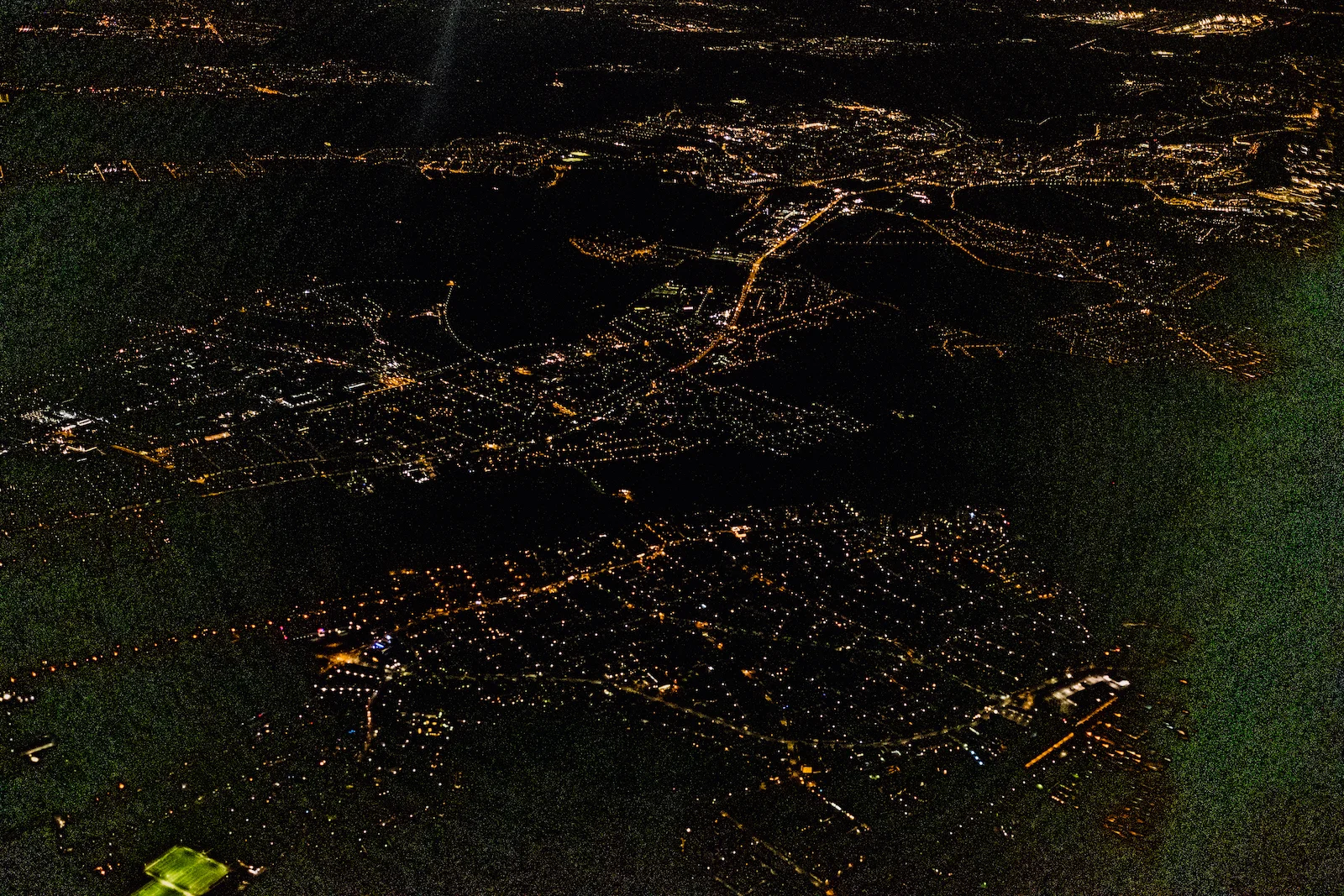
Outright restrictions on aircraft noise during the late night and early morning hours are not common in the United States. This is especially true after the passage of a law in 1990 that largely limited the ability of U.S. airports to issue new noise-based operational restrictions. Nevertheless, some airports in the United States have established rules or guidelines about aircraft noise during these times.
The Ronald Reagan Washington National Airport (DCA), located just outside of the nation's capital, is one of the airports that have a noise ordinance in existence that it describes as "special." This rule was grandfathered in following the adoption of that statute in 1990. The regulatory body of the airport has the authority to impose fines on aircraft that operate between the hours of 10 p.m. and 6:59 a.m. and are too noisy.
Another example can be found in the United States in the state of California, namely in Orange County, where the John Wayne Airport (SNA) places restrictions on the majority of arrivals and departures during the late hours due to concerns about noise.
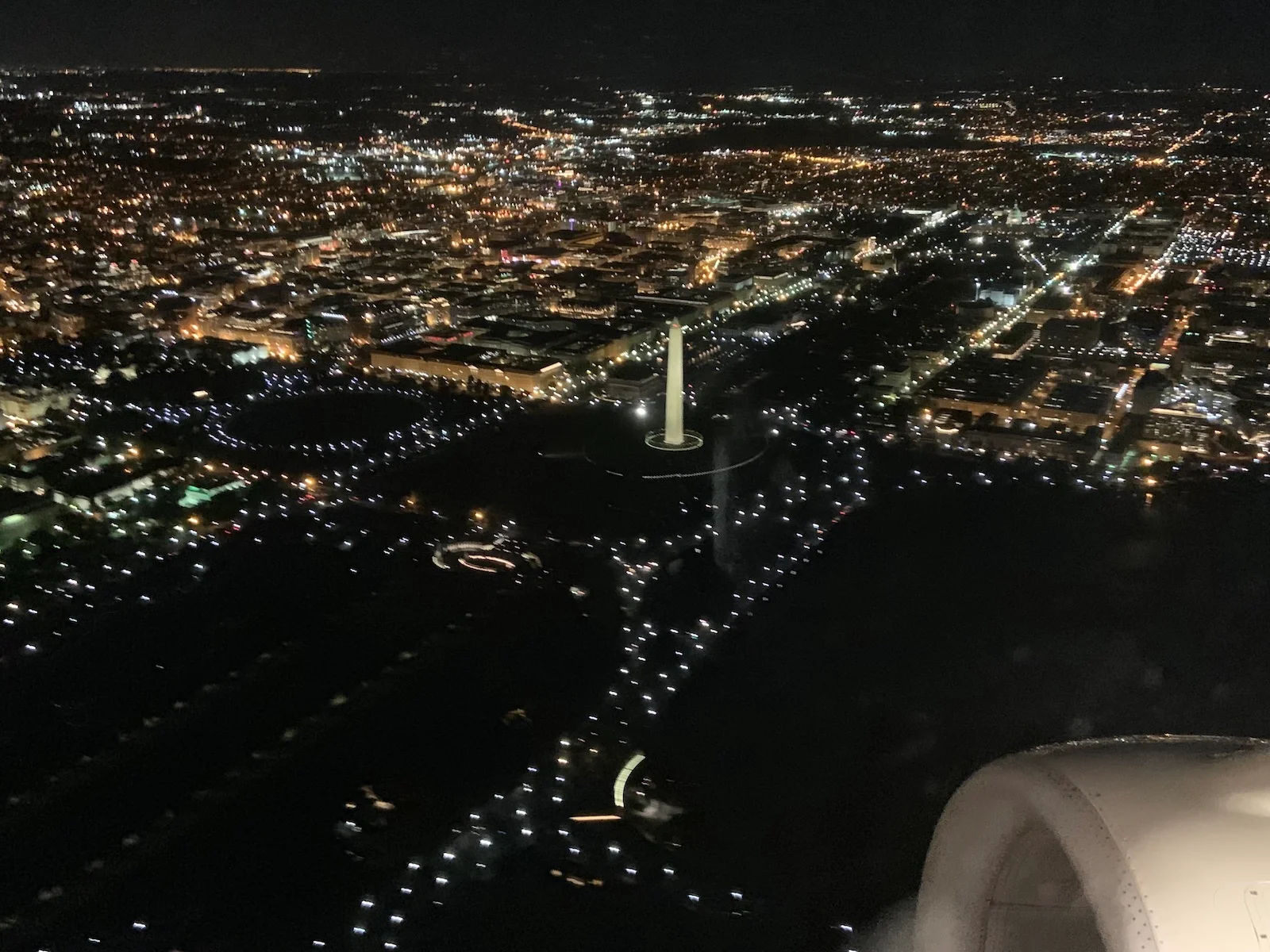
The airport, on the other hand, emphasises that this is in no way a curfew and that a "majority" of the aircraft that are operating at Reagan during those hours are in compliance with the regulations.
What kind of impact might missing a curfew have on your flight?
If everything goes according to plan with the timing of your travel, it's highly unlikely that you'll ever be affected by the curfew that an airport enforces. After all, the timing of the flights has been arranged in such a way as to conform to the constraints.
It is possible, as I discovered, to experience a short delay when flying overnight to Europe if you are ahead of schedule. This is something that is most likely to occur on a trip that leaves the East Coast in the early evening hours.
If your plan is delayed to the point that it would be taking off or landing after the "silent hours" begin, however, you will likely experience much more serious disturbances than you would otherwise. This might take place during long-haul travel to a location in another country or during a short-hop aircraft inside Europe.
Bubb indicated that there was a possibility that the airline would choose to cancel the flight and rebook the passengers on a flight for the following day.
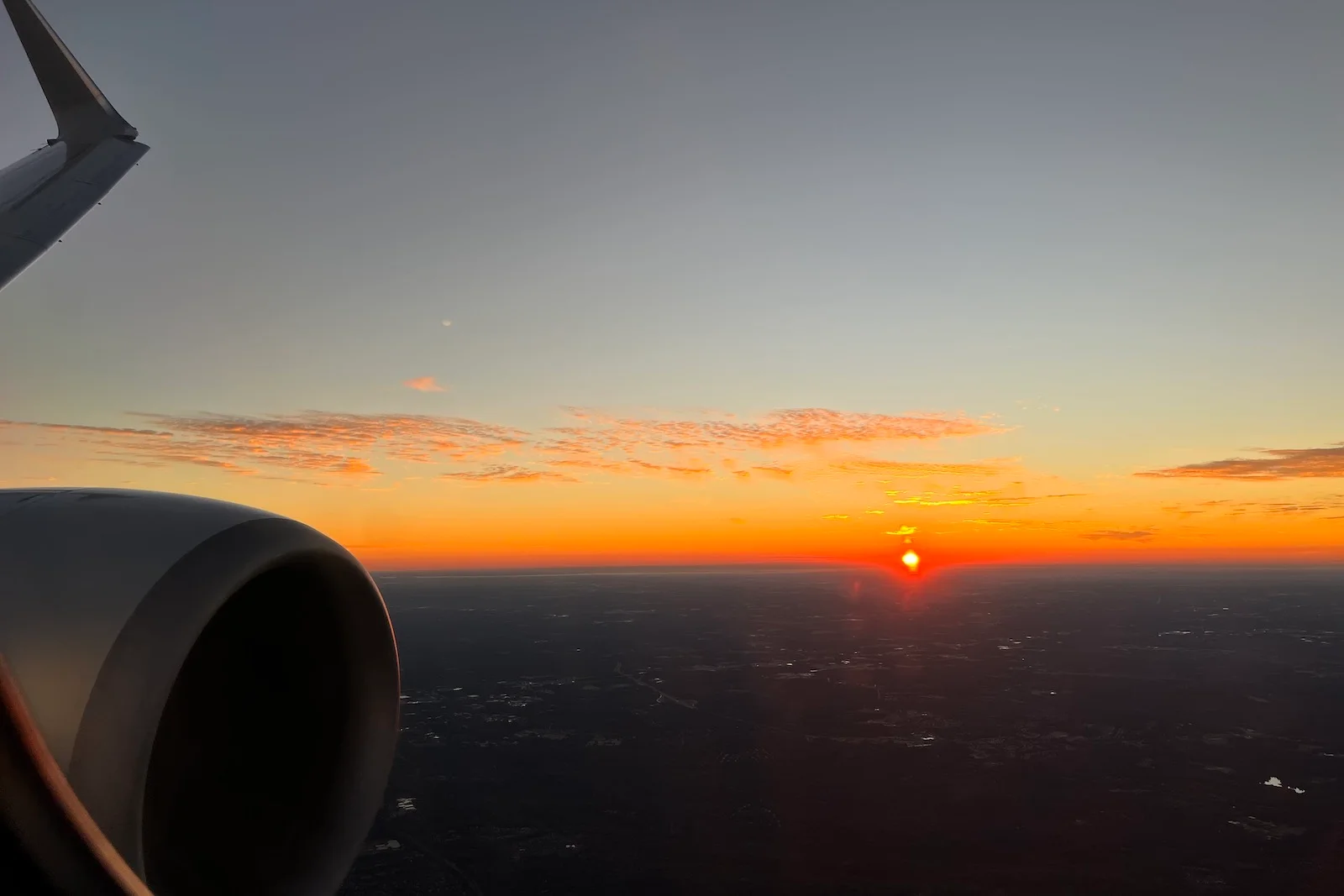
Bottom line
Although there are planes in the air around the world at all hours of the day and night, curfews are common in certain regions, especially in Europe. Flight takeoff and landing times are subject to restrictions imposed by curfews. Even if there is a curfew in place, a plane will still be able to land if there is an emergency. However, they do explain the timing of certain flights, such as why a flight delay late at night could result in a significantly longer interruption of the itinerary while travelling abroad.

